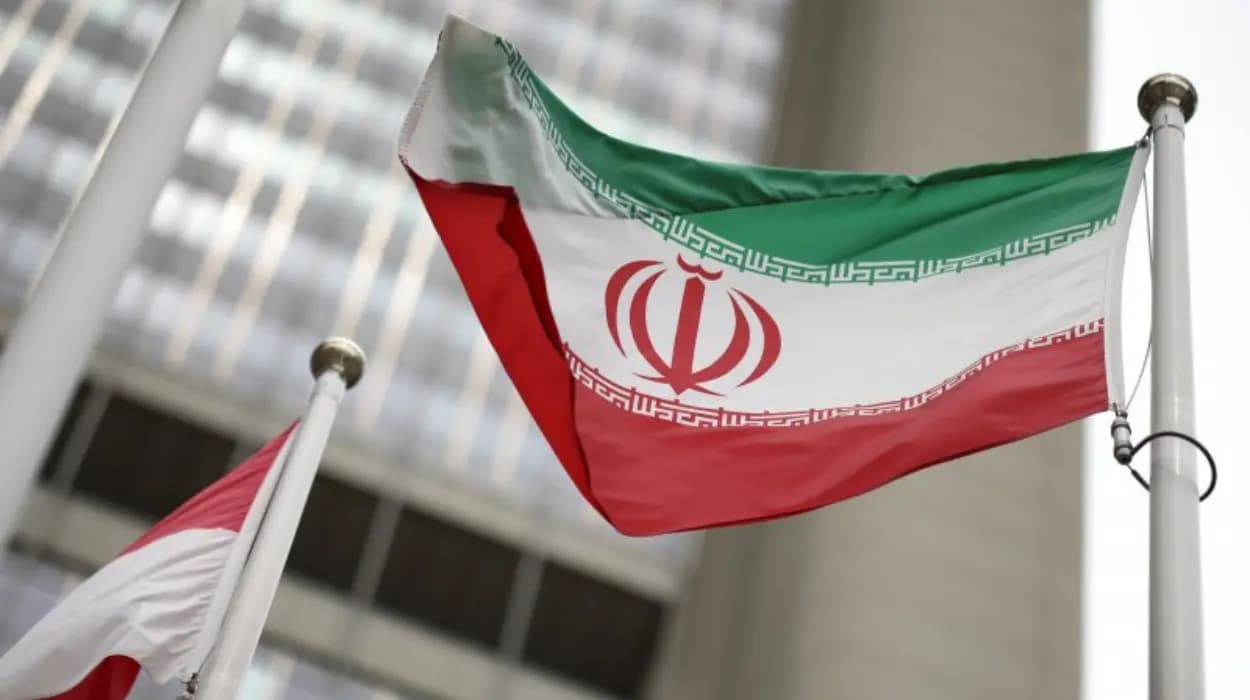An Iranian missile strike has caused extensive damage to the
Haifa oil refinery, with preliminary estimates suggesting losses of up to $200
million. The incident has intensified regional tensions and prompted
investigations, as reported by multiple media sources.
What happened in the missile strike on the Haifa refinery?
As reported by Kelly Ng of the BBC, on the morning of 17
July 2025, the Haifa oil refinery in northern Israel suffered a significant
missile attack launched from Iranian territory or its proxies. The strike
inflicted extensive damage on the refinery’s infrastructure, disrupting
operations and causing environmental concerns due to potential fuel leaks.
Damage in the attack cause
According to industry experts and Israeli officials cited by
various reports, the damage caused by the missile strike is estimated at up to
$200 million. The assessment includes the destruction and impairment of
critical refinery equipment, storage tanks, and spill containment systems. The
financial toll also factors in lost production and the anticipated costs of
repair and environmental cleanup.
Responsible for the missile attack
Multiple sources, including the BBC and regional monitoring
groups, attribute the missile launch to Iranian-backed forces. While Tehran has
yet to officially claim responsibility, analysts suggest this attack aligns
with Iran’s ongoing proxy confrontations against Israel. The Iranian regime’s
external military operations continue to destabilise the region, as detailed in
coverage from the Syrian Observatory of Human Rights and other intelligence
assessments.
What was the immediate response from Israeli authorities?
Israeli Prime Minister addressed the nation hours after the attack, stating the government
“deeply regrets the violation of regional stability”
but assured the public that security forces are “fully mobilised” to
prevent further aggression. Emergency teams were dispatched promptly to contain
fires, assess structural damage, and prevent any secondary incidents arising
from compromised refinery components. Security protocols around critical
infrastructure have been heightened in light of this attack.
How is the regional security situation affected?
The missile strike marks an escalation in hostilities
between Iranian proxies and Israeli forces, which have seen repeated flare-ups
in recent months. Experts suggest this incident may provoke retaliatory
measures from Israel and increase instability across Lebanon, Syria, and Gaza.
Media analyst Brandon Drenon of BBC indicates that the attack comes amid a
backdrop of ongoing violence in southern Syria and rising tensions in the
broader Middle East.
What does this mean for global oil markets?
While the Haifa refinery is not a major global oil supply
centre, its disruption could add pressure to regional fuel supply chains and
contribute to short-term price volatility. Financial Times and industry
commentators expect some ripple effects on fuel availability in Israel and
neighbouring countries, potentially increasing downstream costs for consumers.
What investigations are underway?
Israeli defence and intelligence agencies have launched
comprehensive investigations into the missile’s origin, trajectory, and mode of
interception or defence failure. International observers and allies have been
invited to participate in forensic evaluations to corroborate findings,
ensuring that an impartial and transparent process is followed. These
investigations will inform Israel’s diplomatic and military response strategies.
How does this attack compare with previous Iranian strikes?
Military analyst Emir Nader, writing for the BBC, situates
this missile strike within a continuing pattern of Iranian proxy attacks
targeting critical Israeli infrastructure. Unlike previous smaller-scale rocket
attacks, this strike employed more sophisticated ballistic missiles capable of
causing substantial damage. The increasing accuracy and scale of such attacks
indicate a concerning shift in tactics by Iranian-supported groups.
Implications for the civilian population in Haifa
Evacuations were not widely reported, but residents near the
refinery expressed anxiety over potential environmental contamination. Local
authorities have initiated safety protocols and issued guidelines for handling
any hazardous materials released during the attack. Health officials are
monitoring air and water quality closely, ensuring that any pollution risk is
mitigated promptly.
What international reactions have been noted so far?
Global powers, including the United States and EuropeanUnion, have condemned the missile strike, calling for restraint and urging Iranto cease its destabilising activities. Diplomatic channels remain active as the international community seeks to prevent wider conflict in the region. The United Nations has called for an emergency meeting to discuss the rising tensions and to advocate for de-escalation.
The Iranian missile strike on the Haifa refinery represents
a significant escalation in Iran-Israel hostilities, causing substantial
economic damage and heightened security concerns. While the full implications
are still unfolding, the attack underscores the fragile stability in the region
and the continuing risks for critical infrastructure targets. Ongoing
investigations and international diplomatic engagement will play key roles in
shaping the next chapter of this conflict. As Kelly Ng and other journalists of
the BBC report, the situation remains dynamic and warrants close attention from
policymakers and the global public alike.
